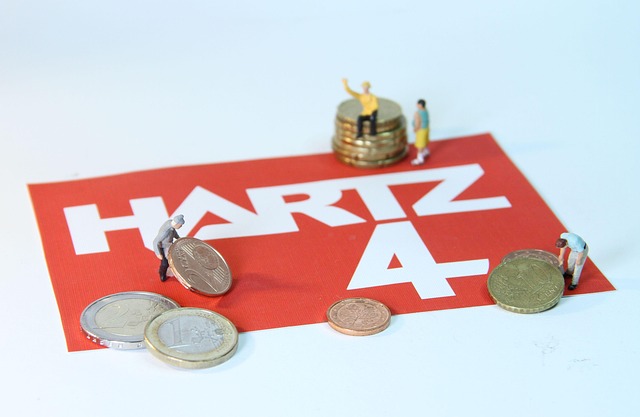Title loans offer swift cash access with vehicle titles as collateral, appealing to those with limited credit and urgent needs, but carry repossession risk. Compared to payday loans with high-interest rates and debt traps, title loans have better terms but still require responsible management. Choosing between them depends on financial literacy, urgency, and understanding potential consequences, with individual situations dictating loan duration, interest rates, and default risks.
In the ongoing debate around short-term financing, understanding the nuances between title loans and payday loans is crucial. This article delves into these two common options, offering real-life examples and a side-by-side analysis. While title loans provide flexible terms for vehicle owners in need, payday loans often trap users in cycles of debt. By exploring their mechanisms and impacts, we equip readers with knowledge to make informed choices between these two alternatives.
- Understanding Title Loans: How They Work and Who They Help
- Unveiling Payday Loans: Short-Term Relief or Debt Trap?
- Comparing Risks and Rewards: A Side-by-Side Analysis
Understanding Title Loans: How They Work and Who They Help

Title loans are a unique financial solution designed for individuals who own a vehicle and need quick access to cash. Unlike traditional loans that require extensive documentation and credit checks, title loans offer a simplified process. Here’s how it works: borrowers use their vehicle’s title as collateral to secure a loan. This means the lender has a legal claim on the vehicle until the debt is repaid. Once approved, the funds are released via direct deposit into the borrower’s account, providing immediate access to cash.
This type of loan is particularly beneficial for those with limited credit history or facing urgent financial needs. The approval process is often faster than traditional loans, and there are typically no strict credit requirements. Moreover, borrowers can keep using their vehicle while repaying the loan over a set period, usually 30 days to a year, based on agreed-upon loan terms. This makes title loans an attractive option for folks seeking quick cash without the usual stringent requirements of payday loans.
Unveiling Payday Loans: Short-Term Relief or Debt Trap?

Payday loans, often touted as quick fixes for unexpected expenses or financial emergencies, have sparked intense debates regarding their effectiveness and potential pitfalls. These short-term lending options are designed to provide borrowers with immediate access to cash, typically requiring only a job and bank account. However, the simplicity belies a complex reality. Many users find themselves trapped in a cycle of debt due to the high-interest rates and short repayment periods characteristic of payday loans.
In contrast to payday loans, title loans offer an alternative that leverages an individual’s asset—such as their vehicle or semi truck—as collateral. While this may provide better terms, including lower interest rates and longer repayment periods, it also comes with its own set of risks. Borrowers must be vigilant to avoid using these loans for long-term financial needs, as they can still lead to substantial financial strain if not managed responsibly. The choice between a title loan and a payday loan ultimately hinges on individual financial literacy, urgency of need, and understanding the potential consequences.
Comparing Risks and Rewards: A Side-by-Side Analysis

When considering a title loan vs payday loan, understanding the risks and rewards associated with each option is crucial. One key difference lies in the collateral requirement. A title loan allows lenders to secure the loan using a vehicle’s title, offering potential borrowers with less-than-perfect credit a chance for approval based on their vehicle’s value. This means that if you fail to repay, the lender has the right to repossess your vehicle. Conversely, payday loans typically do not require collateral but often come with higher interest rates and shorter repayment terms.
While truck title loans can be attractive due to their potentially lower interest rates compared to payday loans, they also carry the risk of repossession if you miss payments. In contrast, a vehicle inspection for loan eligibility in both cases is standard procedure. However, payday loans may have looser approval criteria but often trap borrowers in cycles of debt due to their short-term nature and high fees. Ultimately, the choice between these two depends on individual financial situations, with factors like loan duration, interest rates, and potential consequences of default playing significant roles in this side-by-side analysis of title loan vs payday loan options.
When considering a title loan vs payday loan, understanding the unique risks and rewards of each option is crucial. While both serve as short-term financial solutions, title loans offer lower interest rates and longer repayment terms, making them a more sustainable choice for many users. Conversely, payday loans, despite their convenience, often trap borrowers in cycles of debt due to high-interest rates and strict deadlines. By carefully evaluating your needs and comparing these options, you can make an informed decision that best suits your financial situation.






